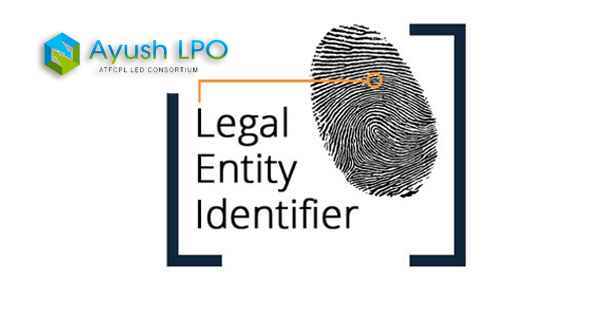Trust and Society Registration
Services

Trust and society registration are legal processes through which organizations can establish themselves as formal entities with specific purposes and objectives, such as charitable activities, social welfare, educational initiatives, or religious missions. Here's an overview of both:
Trust Registration:
-
Purpose: A trust is typically formed to manage assets or property for the benefit of one or more beneficiaries or to achieve specific charitable, educational, or social objectives.
-
Trust Deed: The first step in registering a trust is to draft a trust deed, which outlines the objectives, rules, and regulations governing the trust's operations. The trust deed should specify the trustees, beneficiaries, and the purpose of the trust.
-
Registration Process: The trust deed is then submitted to the appropriate authority for registration, which varies depending on the jurisdiction. In many cases, trusts are registered with the local government's Registrar of Trusts or a similar regulatory body.
-
Trustee Appointment: Trustees are appointed to manage the affairs of the trust and ensure that its objectives are met. Trustees have a fiduciary duty to act in the best interests of the trust and its beneficiaries.
-
Compliance: Once registered, trusts must comply with regulatory requirements, such as filing annual reports, maintaining accurate financial records, and adhering to the terms outlined in the trust deed.
Society Registration:
-
Purpose: A society, also known as a nonprofit organization or association, is formed to promote charitable, cultural, educational, scientific, or social objectives.
-
Memorandum of Association: The first step in registering a society is to draft a memorandum of association, which outlines the society's objectives, rules, and regulations, as well as the rights and liabilities of its members.
-
Registration Process: The memorandum of association, along with other required documents, such as the list of members and governing body members, is submitted to the appropriate authority for registration. This may be the Registrar of Societies or a similar regulatory body, depending on the jurisdiction.
-
Governing Body: Societies are governed by a managing committee or governing body elected by the members. The governing body is responsible for managing the affairs of the society and ensuring that its objectives are achieved.
-
Compliance: Registered societies must comply with regulatory requirements, such as holding annual general meetings, maintaining membership records, and filing annual reports with the regulatory authority.
Both trusts and societies provide legal frameworks for organizations to carry out charitable, educational, or social activities while enjoying certain benefits, such as tax exemptions and limited liability for members. The choice between establishing a trust or a society depends on factors such as the nature of the organization's activities, its governance structure, and regulatory requirements in the jurisdiction. It's advisable to seek legal guidance to navigate the registration process and ensure compliance with applicable laws and regulations.




















